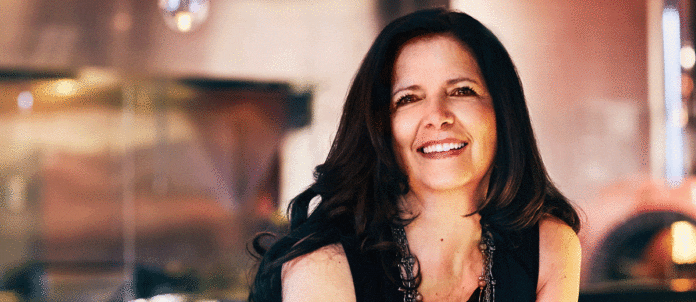In the last few years, there’s been a confluence of factors that have sent the world spinning out of control. The election of President Donald Trump south of the border, the Harvey Weinstein sex scandal — and the Me-Too movement it fueled — the eruption of a virulent global pandemic and, more recently, a growing Black Lives Matter anti-racism movement, have all come together to create the perfect storm.
The world is going through a period of unprecedented change and the rate of change is quicker than we’ve ever experienced before. The death earlier this year of American George Floyd at the hands of police has been a lightning rod in igniting a growing anti-Black-racism movement that promises to impact all industries, walks of life and countries while, in the process, hopefully, change the world.
While systemic racism has existed in North America for hundreds of years and Black, Indigenous and People of Colour (BIPOC) have been marginalized for centuries, the protests have given us a chance to consider how each of us contribute to systemic racism and what can be done to eradicate it.
Closer to home, in the foodservice-and-hospitality industry, according to the Castell Project, though Black people comprise one-out-of-five workers, when it comes to holding down management roles and CEO positions, less than two per cent are Black.
But beyond those alarming statistics, we can’t forget that not only does systemic racism keep racialized workers from reaching the C-Suite, it also keeps them from being treated equally, suffering from overt racism at the hands of their employers, colleagues and guests.
So why is it that in an industry that’s so diverse in its frontlines, racism still exists? And what can be done to eradicate it? On August 11, KML hosted a roundtable discussion called “Eradicating Racism,” featuring 11 industry leaders representing a wide cross-section of companies (see story on on p.27). While it would be naïve to think that one roundtable discussion can eradicate racism, it’s an important first step in acknowledging a problem exists. Now it’s up to all of us to keep that discussion going in order to make real, substantive changes. We’re committed to further facilitate that discussion and fuel dialogue by creating a “Champions of Change” steering committee to help the industry make progress on this front and to remove the barriers that have held BIPOC back. And, later this fall, we’ll host another webcast to look at what companies are doing, beyond talking about the problem, to eliminate those barriers. We welcome your ideas and suggestions as to how we can better work together to ensure the foodservice-and-hospitality industry is truly hospitable to all.


















